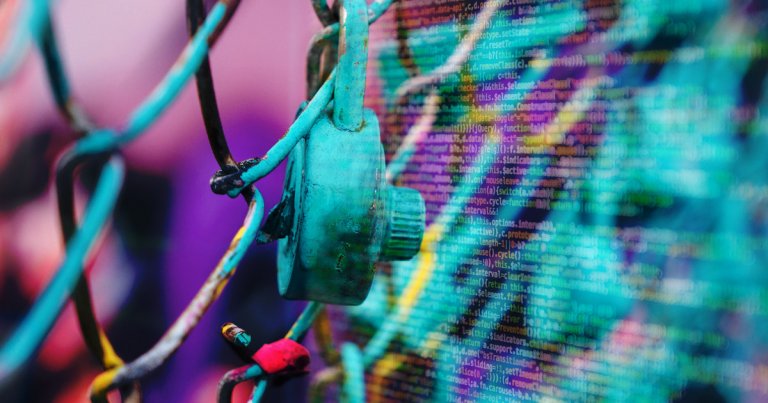 Validators shut down as Secret Network struggles with leadership
Validators shut down as Secret Network struggles with leadership Validators shut down as Secret Network struggles with leadership
Secret Foundation founder, Tor Bair, accused of taking 'six figure' dividends

Cover art/illustration via CryptoSlate. Image includes combined content which may include AI-generated content.
SmartStake, a major validator in the Cosmos ecosystem, has announced that it will shut down its nodes following revelations around the Secret Foundation’s founder, Tor Bair, personally taking profits.
Validator exodus
The validator cited “complex/stressful validator operations… cost/effort of validator ops… recent events” as the reasons for shutting down its service. Smartstake further stated
“Please note that the shutdown will be graceful and there will be no slashing for any of the delegates.”
NotionalDAO, another Cosmos validator, has echoed SmartStake’s statement with CEO, Jacob Gadikian, confirming that “NotionalDAO will not be bringing up its node again, in solidarity with SmartStake.”
Secret leadership conflict
The allegations against Bair were revealed on Jan. 27 via the foundation’s governance forum. Guy Zyskind, the founder of Secret Labs, posted the statement in which the allegations were made public.
Zyskind disclosed that “Secret Foundation sold a substantial amount of USD worth of SCRT.” In addition, “Tor cashed out a significant portion of these proceeds… as a dividend.” These actions were not disclosed to the community, with roughly $4 million withdrawn in Q4 2021 alone.
The resulting plan proposed by Zyskind was to dissolve the Secret Foundation by returning stakes to the community and reforming a new foundation under new leadership. The new organization will “maintain a transparent and audited activity…[and]… it will submit annual funding requests to the chain with a clear budget, milestones, and asks.”
Further, the post ended with Zyskind looking to the future of Secret Network;
“As a final note, we’d like to say that while we raise and acknowledge these concerns, we are at the same time very optimistic about the future.
The Secret community is well-equipped to address the necessary changes, and this restructuring will help the platform reach new heights as we work towards our Secret 2.0 vision. “
Bair’s version of events
Bair also announced the same governance forum stating that the withdrawals were simply part of his vested tokens. The Secret Foundation founder said he began earning a salary in 2021 and vesting “a portion of my tokens” by December.
He continued to confirm that he made an “OTC sale of SCRT tokens,” converting tokens to USD and holding the stablecoins with the foundation to use to pay him a dividend. He further disclosed he had 375,000 SCRT in vested tokens and received a dividend of $2.625 million and claims that.
“This information is verifiable in our 2021 tax filings, which have been previously reviewed by Labs, and I have previously disclosed this information to them.”
Bair seemingly through his hat in the ring as he disclosed that “the time has come for change,” yet he has “communicated privately and publicly on multiple occasions about my desire to be a part of that change.”
In direct response to allegations made by Zyskind, Bair commented;
“This allegation is false. We’ve previously published our disclosure on that event, which is available on this forum.”
A debate continued to wage within the comments, and on Twitter, as to whether the community believes there has been malpractice or whether people are more concerned that Bair appeared to have sold the top at over $7.
As of press time, Secret Networks, SCRT is trading at $0.80, almost 90% lower than Bair’s sale price.
UPDATE Jan. 30: Secret Network reached out to CryptoSlate to add the following comments regarding the current issues.
“Secret Network is highly appreciative of all the dedicated validators who are willing to take on the additional challenges of validating on a privacy-focused, proof-of-stake blockchain.
Moreover, we completely understand why this specific validator, who is holding only 0.61% of the voting power, would prefer to validate on the public by default pos blockchains and avoid the complexities derived from validating on a privacy-first network.
The Network was not impacted whatsoever by the departure of any of these validators and we wish them all success with any blockchain they’ll choose to work with.”










































































































